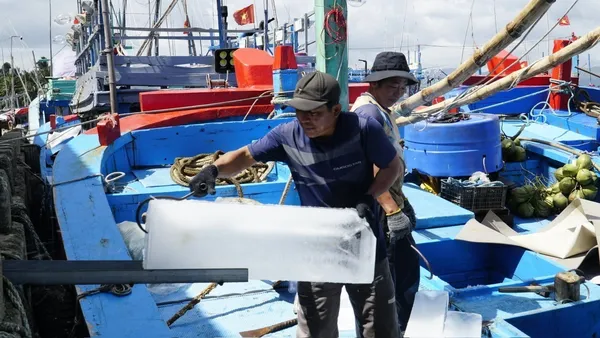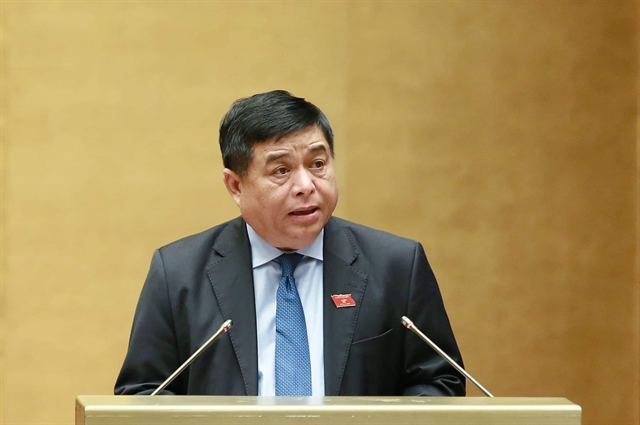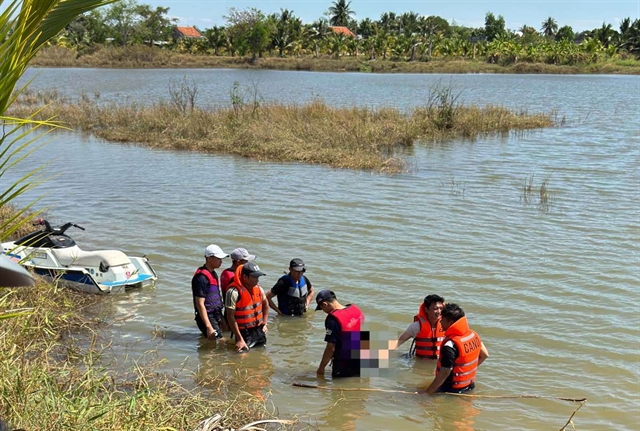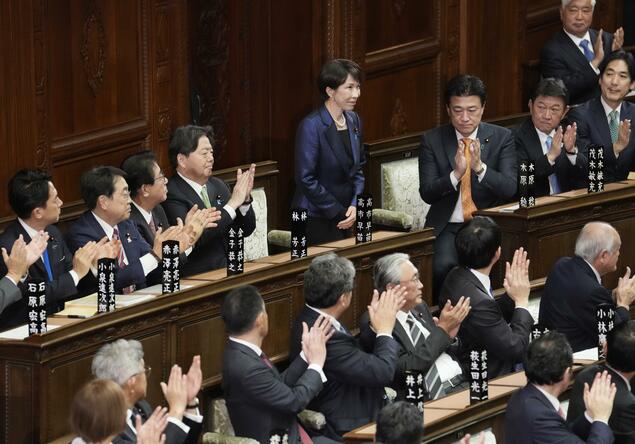 Opinion
Opinion


|
| Nguyễn Chí Dũng. — Photo chinhphu.vn |
Nguyễn Chí Dũng, Minister of Planning and Investment, talks to the Government portal on what the country has done to help the Mekong Delta region develop sustainability.
What mechanisms do we need to attract different resources to invest in the Mekong Delta region?
In the context of the climate change, the Mekong Delta region urgently needs both long and short term measures to mobilise financial resources from different agencies, ranging from the central Government, official development aid (ODA), Government bonds, FDI and others in the course of their development.
Under its plan, in the period from 2011-2015 and 2016-2020 Central Government has agreed to allocate up to 17 and 18.25 per cent respectively, of the Central Government’s budget to the Mekong Delta region.
In the period 2021-2025, the Ministry of Planning and Investment (MPI) will work with agencies and international organisations, including the World Bank, the German Development Agency (GIZ) and others to develop a financial framework and mechanism to attract more resources for the region. Coupled with support from foreign agencies, the MPI has conducted a study on a proposed $2 billion project investing in construction work and projects to help the region adapt to climate change, including the prevention of salt water intrusion and a transport system.
The Ministry of Planning and Investment has also advised the Government in the course of revising the Investment Law and the Enterprises Law to improve the investment environment.
With support from international partners, the MPI has been drafting policies, particularly those related to finance, taxes and land to encourage the private sector to invest in the Mekong Delta. In addition, together with local governments, the MPI has also organised many workshops on investment promotion, particularly projects in the form of FDI and Public-Private-Partnership.
Will you please talk about the budget approval and the appraisal process for inter-regional projects?
Budget approval and appraisal process for a project has already been written in the Law on Public Investment and other related laws. Depending on the nature, scope and scale of each project, the Prime Minister will establish an inter-sectoral Council or assign the MPI to act as a focal point to work with ministries and agencies to discuss how to launch a project and where the investment budget will come from. So far I could say everything has gone well.
To further raise the efficiency of the public investment fund, the MPI has acted as an advisory council to the PM in the course of revising the Public Investment Law which is scheduled to come into force on January 1, 2020.
Under the new Public Investment Law, Ministries, sectors and localities will be granted autonomy in appraising the project capital investment and approving the project investment guideline.
Does the Ministry of Planning and Investment have any solutions to facilitate better co-operation between Government agencies in the near future?
We need to continue to further make our legal system transparent and accountable to facilitate localities, enterprises and the people in the course of implementing their projects’ plans. The Ministry of Planning and Investment has come up with suggestions and advice for authorised agencies to revise quite a few legal documents along the lines of decentralisation to local governments, particularly in the course of revising the Law on Public Investment.
According to schedule, the MPI will soon issue the rule on regional co-ordination through the revision of the Decision 593/QĐ-TTg. The key objective of the Rule is to define the role and responsibility of ministries and localities concerned in the course of implementing an inter-regional project.
Finally in the near future, all concerned ministries, sectors and localities must co-operate with each other to develop the Master Development Plan for the Mekong Delta – a very important document in the course of turning the Mekong Delta into a sustainable development region.—VNS




